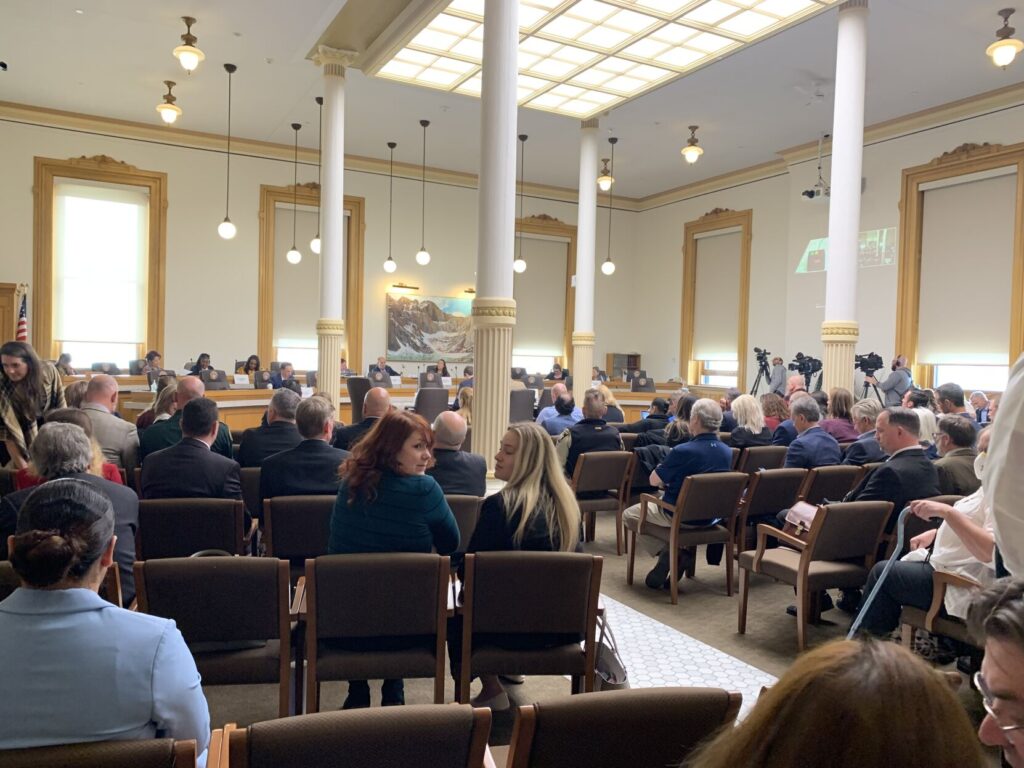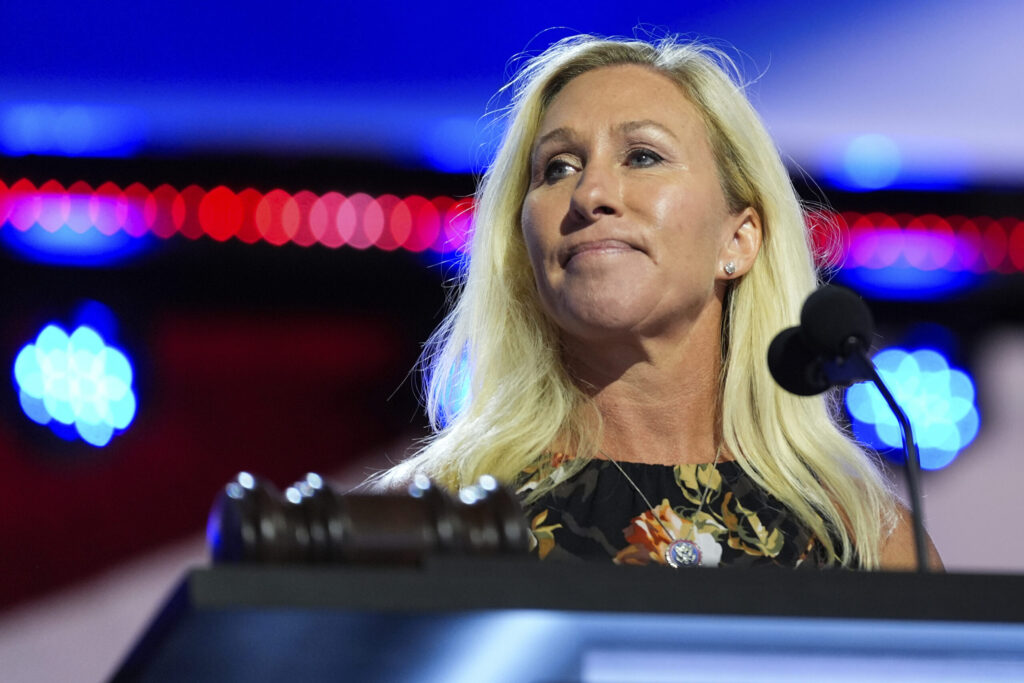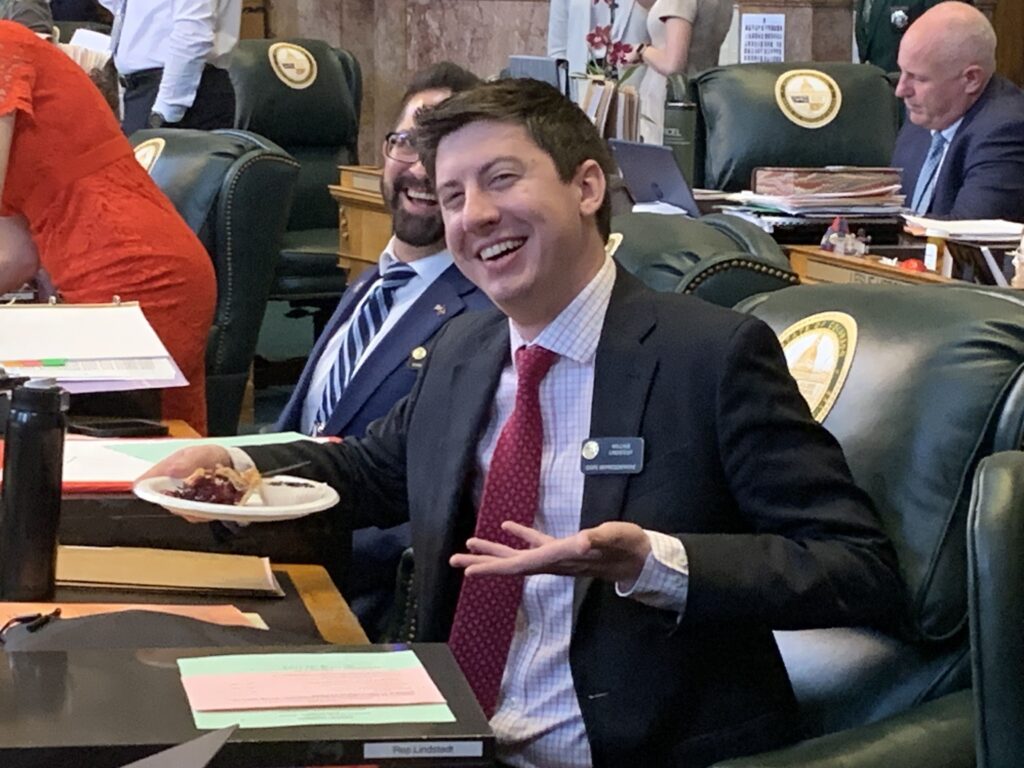Low-income energy assistance program in Colorado gets $23 million boost

A low-income energy assistance program to help people pay their skyrocketing energy bills is getting a $23.5 million boost from the federal government, according to a press release from Colorado Senators Michael Bennet and John Hickenlooper.
The Low-Income Home Energy Assistance Program (LIHEAP) for Colorado added $23.5 million to the $64 million in funding granted in November to its coffers for 2023. Funding now reaches $87.5 million through October.
“No family should need to worry about how they’re going to heat or cool their home,” said Bennet in a press release. “This funding will help thousands of Coloradans avoid impossible decisions between keeping their families warm and putting food on the table.”
This year the program is seeing an unprecedented number of applications for assistance thanks to skyrocketing energy bills and rampant inflation, according to state officials.
“Being able to keep your family warm in the winter shouldn’t be a luxury,” said Hickenlooper in the release. “This program will lower energy bills and keep working families safe.”
Federal LIHEAP funding is a crucial lifeline that helps low-income households and seniors on fixed incomes pay their energy bills and stay safe during the winter, according to state and federal officials.
“To date our program has seen a 15% increase in applications over last year and the program has approved more than 74,000 households for energy assistance,” said Theresa Kullen, LIHEAP program manager for Colorado, in a statement to the Denver Gazette. “The program application period this year is through May 1, 2023. The release of the additional funding is greatly appreciated, and it will help us serve more households and with a higher benefit.”
Eligibility for LIHEAP is based on income, family size, and the availability of resources. Senior citizens and those receiving Social Security Disability or SSI benefits are encouraged to apply as early as possible, but applications will be open to everyone until the funding is exhausted, according to the release.
Recipients may use these money for heating, cooling, crisis, weatherization assistance, case management for the reduction of home energy burden, and administrative costs. LIHEAP can also be used to help with immediate and temporary home energy needs caused by natural disasters, according to policy guidance from the federal Department of Health and Human Services.
“The extreme cold weather events that have occurred this winter along with the increased costs in energy has put an incredible amount of strain on our low and moderate income households trying to keep up on bills that have doubled and even tripled in some instances over last year,” said Kullen.
The state has to grant 90 percent of its total fiscal year 2023 award, including the funds released today, by September 30, 2023. The remaining 10 percent can be carried over into 2024.
All told, nationwide LIHEAP funding this fiscal year comes to $5 billion nationwide.
The federal fiscal year begins on October 1 and ends on September 30 of the next calendar year. Each fiscal year is identified by the calendar year in which it ends.
Anyone interested in applying can call the program’s Heat Help Hotline for more information at 866-432-8435.














